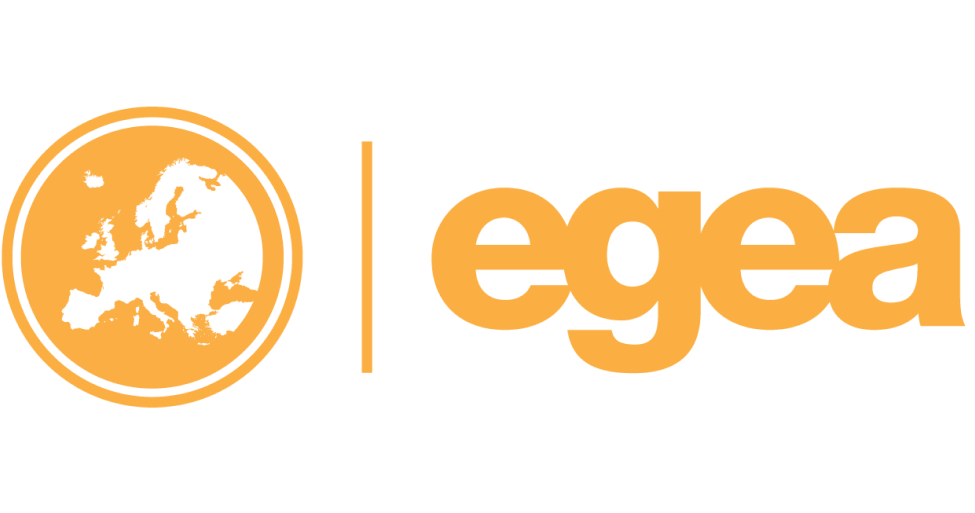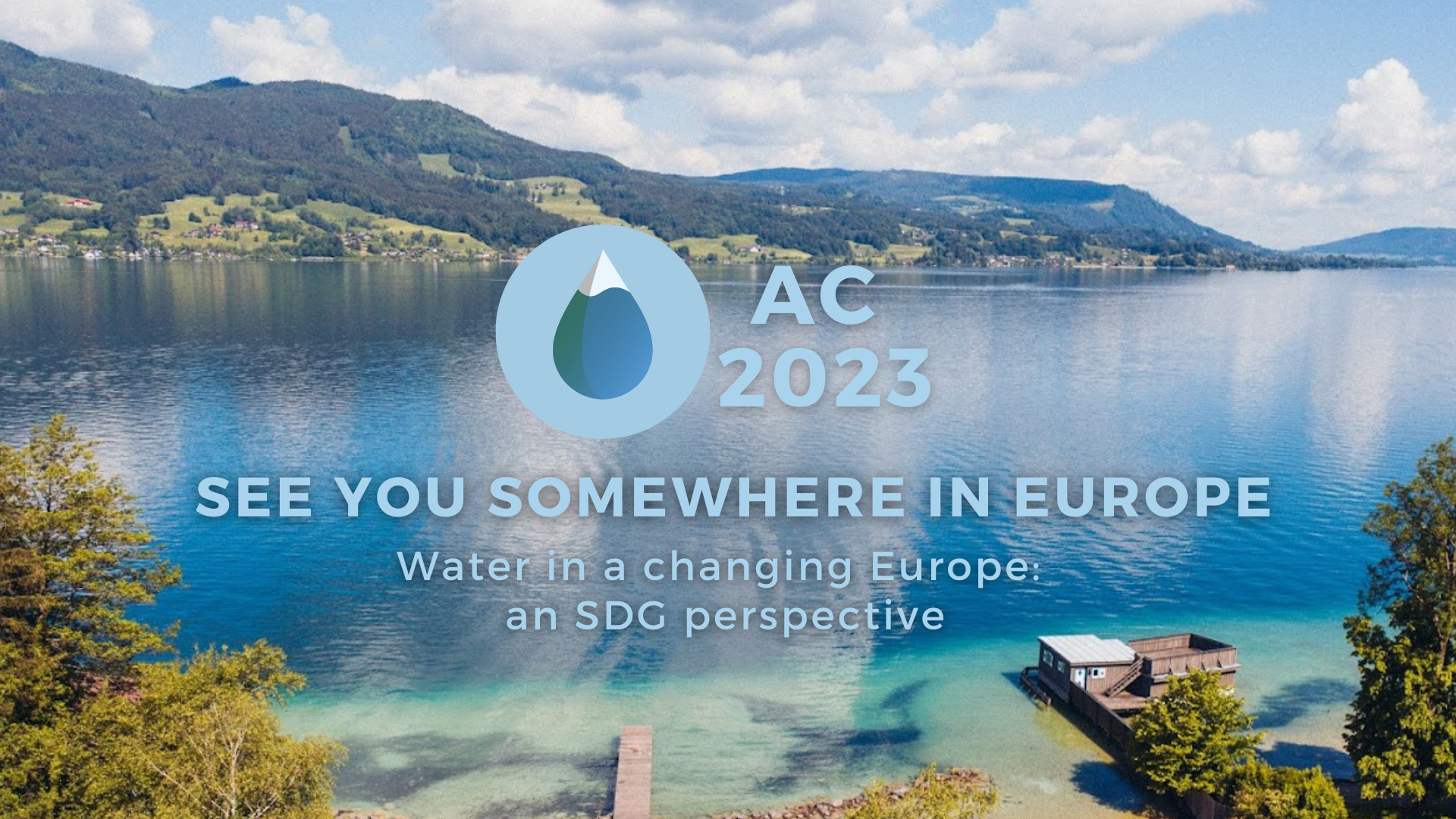open call for workshop leaders for ac 23
The 2030 Agenda for Sustainable Development centers around what United Nations member states can do to look after people and planet. Its 17 Sustainable Development Goals (SDGs) serve as a call to action for countries in a global partnership. Water is omnipresent in our lives and therefore also represented in several SDGs. In the context of a changing Europe, we would like to explore the connection of water with numerous topics related to the economy, climate change and governance, such as droughts, floods and changing availability and intensity of water in Europe (SDG 13), water-based ecosystems and extraction of resources from them (SDG 14), how water management can impact peace (SDG 16) with a focus on governance and economic use of water in agriculture, forestry, energy production and tourism (SDGs 12, 23, 15). We propose four workshop topics, each topics representing a different viewpoint within geography – physical geography, GIS, political geography and economic geography.
Water-based ecosystems and extraction of resources from them
Water-based ecosystems in Europe such as rivers, oceans or wetlands provide a variety of living spaces for countless plant and animal species, but also educational, recreational and commercial uses for humans. Several million kilometers of flowing waters and more than a million lakes are located on the European continent. As every body of water has unique characteristics, every body of water also faces both anthropogenic and natural environmental problems such as eutrophication, pollution, hydromorphological deterioration, overuse (such as overfishing) and management (https://www.eea.europa.eu/themes/water/european-waters).
Potential questions / themes:
- How are water-based ecosystems currently assessed, preserved, managed and used within an equal human-nature partnership and what could be changed to do so more sustainably in the Attersee region?
- What are ecosystems in the region like? https://www.lakeriver.at/Attersee.html
- Interactions of nature and tourism – there are several protected areas around the Attersee (https://attersee-attergau.salzkammergut.at/aktivitaeten/nachhaltigkeit/naturschutzgebiete.html) which are also used touristically
- This workshop could analyze the water quality of the Attersee, talk about water-based ecosystems, their diversity/issues
- Physical geography
Droughts, floods and changing availability and intensity of water
Due to climate change, glaciers are melting, seawater is mingling with freshwater riverbeds and water shortages will become more prevalent – lack of water is a serious threat to humankind to the extent that the UN has recognized the right to water as a fundamental human right. In summer 2022, Europe experienced the worst drought in at least 500 years. Exacerbated by heat waves, the drought slowed down hydropower generation, affected harvests, and caused forest fires. Villages ran out of drinking water and rivers ran too dry to continue shipping (https://www.bbc.com/news/world-europe-62648912). At the same time, floods are also expected to occur more often and more severely in the coming decades. The big floods of July 2021 in Germany, Belgium and the Netherlands caused damage despite the region being seen as climate proof due to its economic stability. Better cross-border cooperation and coordination is needed to manage such disasters more efficiently, furthermore, population awareness, behavior and risk perception about climate risks need to improve (https://unric.org/en/2021-floods-un-researchers-aim-to-better-prepare-for-climate-risks/).
Potential questions / themes:
- Water and the Alps (all angles, planning, physical and human geography issues related to it)
- Water and climate change in the Attersee region (water preservation, dams, floods)
- What are challenges around water use in the Attersee region?
- GIS
How water management can impact peace, governance and negotiations
Water management as a basis for peaceful coexistence: In order to cope with the manifold challenges of water management at present and in the future, it is necessary to create political instruments that meet these challenges. A regulated and fair water management (droughts & floods) is a base for a peaceful coexistence in the EU among other things. Conflicts and tensions, with special consideration of border conflicts and source conflicts, which will increase by increasing dry periods, must be eliminated with foresight. New approaches must be created and the role of the EU assessed.
Potential questions / themes:
- Case study cross-border floods of 2021 – how to communicate, deal with damages, help each other
- Collaboration of municipalities around the Attersee
- Political geography and planning
- Role plays with different stakeholders
Economic use of water
Water is used in agriculture, forestry, energy production and tourism, especially winter and ski tourism. The global demand and use of freshwater has increased by more than 40% due to socio-economic development, population growth and higher demand for food. In Austria, this issue has become a particular focus in recent years due to increased soy production. When considering the economic usage of water, its value as a renewable energy source must be discussed. This workshop is about how energy production through water will be shaped in the future despite potentially increasing water scarcity. Other ideas center around water consumption and the economic aspect of it in skiing and winter tourism in the Attersee region.
Potential questions / themes:
- Focus on any or several aspects of the economic use of water
- Come up with possible solutions for issues
- Economic geography
Interested? Apply here until 15th May: https://forms.gle/y8qfpy3XMgZDiRAp8


